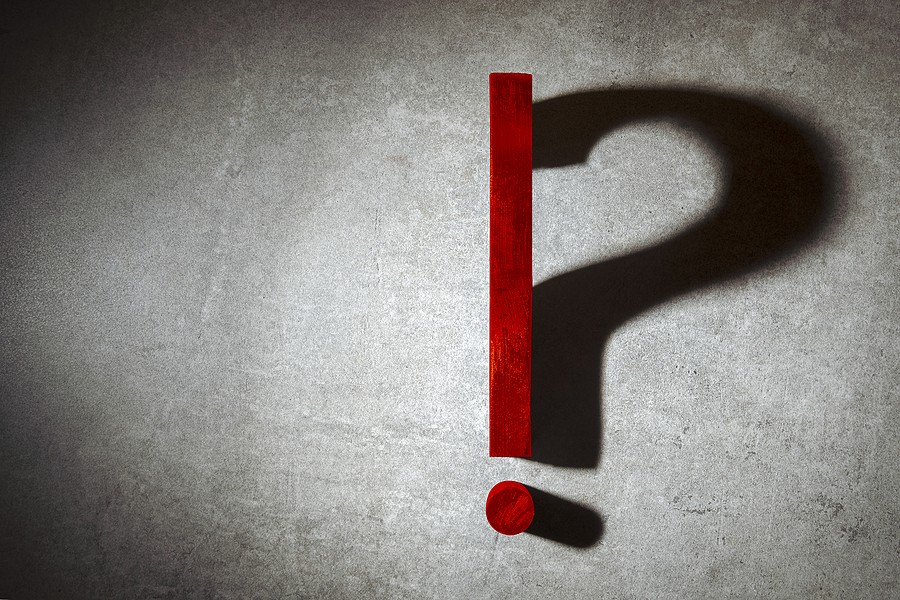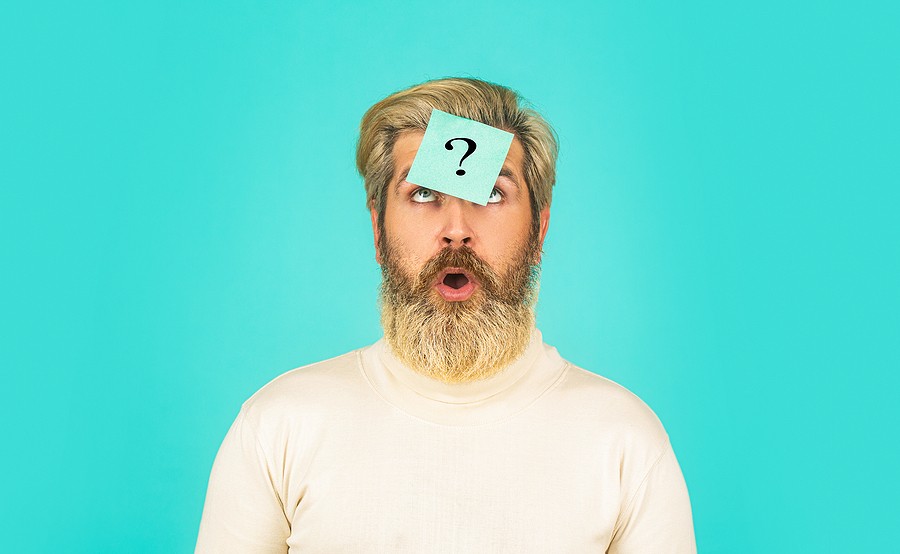During a car diagnostic test, your mechanic scans your vehicle's internal components and lets you know about any potential problems in, the engine, the transmission, the oil tank, and others.
With advanced technologies, vehicles are getting more computerized than before. Using computers in cars made car repair much easier because mechanics can connect to the internal computer and get details about what's going on wrong or what's about to fail.
One of the most common tests you might encounter during the lifetime of your vehicle is called the “car diagnostic test.” This test scans the internal components in your vehicle and determines whether any errors indicate potential problems.
This article provides you with all you need to know to help answer the question, what is a car diagnostic test? It walks you through the details about what's scans included. It also highlights all benefits you'll achieve from performing regular diagnostic tests for your car.

What is a car diagnostic test?
Whenever you hear the term “car diagnostic test,” you should immediately remember the digital analysis of your vehicle's components using the internal computer. In addition, tons of special software is designed to connect to your vehicle's computer and grab detailed data about every component.
Depending on how sophisticated you are in diagnostic tests, your mechanic should be able to determine problems in several components like the engine, transmission, oil tank, and many more.
Unfortunately, performing the car diagnostic test is not something you can do at home because it is complicated and requires certain tools. That's why it's typically done at a small independent shop or a dealership, especially if you're driving a luxury car.
Typically, your mechanic recommends a car diagnostic test whenever something requires it. In other words, you will most likely hear about the car diagnostic test every time you have a check engine light. So, for example, the mechanic will perform the diagnostic to confirm where it's coming from and what triggered the check engine light.
What's involved in the car diagnostic test?
When your mechanics perform a car diagnostic test, it focuses on certain components more than others because your car contains sounds of interacting components, and performing a full test to check everything might take forever.
That's why it's important to understand what exactly is included during the car diagnostic tests, which include the following:
1. The engine
The engine is the first and most important thing during the diagnostic test. This test typically highlights any problem affecting the engine or is expected to affect the engine in a short time. Italicize is any potential problem leading to a check engine light, for instance. It also explores potential problems in surrounding components that could eventually lead to engine issues or have already started impacting the engine.
2. The transmission
It's not surprising to hear about transmission problems during the car diagnostic test because it is the second most important component in your vehicle. That's why your mechanic should tell you about any issues facing the transmission to prepare you for potential solutions.
3. The brakes
The braking system is extremely critical because it has to do with your safety, so it's important to include it during the diagnostic test. The test will tell you whether your brakes are responsive or not because this is a very common dangerous situation that many might underestimate.
4. The exhaust system
In addition to the engine, transmission, and breaks, your mechanic should have information about the exhaust system and anything connected to it. For example, you can get information about any potential contamination or malfunctioning within the exhaust system.
5. Other major components
Finally, the car diagnostic test might focus on other components that are major and might have complications that need immediate attention.
One thing to remember about the car diagnostic test is that it's not very accurate, which means it doesn't exactly tell you the exact problem causing all these issues. Instead, this test aims to narrow down the list of potential culprits and have you focus on what's important or what's expected to cause the problem.

When do I need to perform a car diagnostic test?
According to automotive experts, you won't necessarily need an actual car diagnostic test, or there is no specific frequency for when you must perform the tasks. Typically, it goes by when people decide to do it.
For example, some people might perform a diagnostic test every time they visit the dealership. But, on the other hand, some people might perform a car diagnostic test only when they have a problem like a check engine light illuminating or something else.
If you don't know when to perform a car diagnostic test, according to automotive experts, you might need to do it at least once every season to stay on this site and detect problems as early as possible before they get more complicated and require extensive repairs.
How much to expect for a car diagnostic test?
Prices for car diagnostic tests differ significantly depending on your vehicle type and the location where you get the job done. Typically, you might get a car diagnostic test for only $40. However, there are some locations where the car diagnostic tests might be more thorough and require a little bit higher costs that could go after a couple of Hundreds of dollars.
It's important to note that many repair shops might claim to have free car diagnostic tests. However, you might be surprised that you must pay for the test because of some hidden fees that were unclear in the advertisement.
That's why before you accept any car diagnostic tests, you must understand all the potential fees and confirm that you must pay nothing for this service.

What are the advantages of the diagnostic test?
Performing a car the diagnostic test can give you lots of benefits that you can enjoy, including:
1. Narrow down potential culprits
The first and most important benefit they'll achieve from performing a quick diagnostic test is detecting what problems are happening. Your vehicle contains thousands of components; sometimes, it can be very hard to determine what's going on and causing your issue.
For instance, engine stalling can happen for various reasons, and without narrowing down the list, a repair can take forever, and sometimes you might install components that are not needed to be replaced.
2. Detect problems before they happen
While your mechanic looks at some potential problems, he might be able to detect early signs of potential problems in other components that you're not yet noticing. This is extremely significant because if you detect the problem early, you most likely be able to fix it without needing to install magical plants, which means very low repair costs.
On the other hand, if you didn't move the problem and got to a point where it got very complicated, you would expect lots of money for the repair. Problems can trigger issues in other components in many instances, which means a very complicated, expensive situation to deal with.
3. Scan vehicle information and data
Finally, while your mechanic is performing the car diagnostic tests, he should be able to track any previous and stored information about your car. This way, he will be able to select the right repair approach that serves your vehicle and fix the problem without needing to spend so much money on things that are not necessary.

How long does the car diagnostic test take on a car?
If you plan to perform your next car diagnostic test, you must be prepared for the expected timeline so you can adjust your schedule accordingly.
Car diagnostic tests shouldn't take more than one to one and a half hours. However, if you're a mechanic determines some complicated issues, the tests might take up to somewhere between two and three hours.
Once these problems are detected, sometimes they visit him repair shop doesn't end. Because these problems are complicated and require immediate attention, your mechanic advises you to start the repair immediately.
Remember that when you go to your car diagnostic test, you talk to the location. In other words, it's important to understand their schedule and be prepared for any possible waiting time. Check with them whether you will get started immediately on your vehicle once you go there, or you must wait for some time.
This minor information could be important and will save you lots of hassle as you go for your next car diagnostic test.
Should I go to a dealership or a small independent shop for a car diagnostic test?
Sometimes experts might recommend going to a dealership to perform your car diagnostic tests, while others are fine with just going to a small independent shop. But, of course, this always depends on your vehicle's type and the potential complications that might be expected.
For example, if you're driving a very modern car that has lots of sophisticated new upgrades, it might make more sense to go to the dealership because they'll be more familiar with the new updates, and they'll know what exactly is happening in your car. Plus, they should be taking care of any diagnostics or repairs under the vehicle's warranty.
However, suppose you're driving a normal car, and any regular mechanic knows what could happen to this vehicle. In that case, you mustn't necessarily go to the dealership, especially if labor costs and the potential overall cost for this diagnostic test could be much higher.
Is it worth performing a diagnostic test?
It all depends. We typically recommend performing your car diagnostic test to determine any vehicle problems between now and then. However, if your car is at the edge and has major problems that you can immediately notice, it might not be worth your time and effort trying to fix or understand more about this vehicle.
For example, if the transmission is acting up and getting close to the end of its lifetime, that's when you're most likely dealing with major complications that require thousands of dollars for repair.
That's why you might end up with a decision to sell this vehicle rather than wasting your time, money, and effort.

Final thoughts
Your vehicle's internal computer is a very smart component, and it has lots of information to help your mechanic determine the best repair option for your car. One of the most common tests that communicate with your vehicle's computer is the car diagnostic test.
This article walked you through all you need to know to help you answer the question, what is the car diagnostic test? It highlighted what exactly is involved during this test, what type of benefits it will achieve from performing it, and the frequency of performing it.
We highly encourage you to follow the recommendations and perform a car diagnostic test at least once every season. You will notice any potential problems that could happen in your car and save money on the repair.
If your car diagnostic tests revealed significant problems in major components like the engine or the transmission, that's not the end because you can always sell your vehicle and buy a better one.
Are you looking for someone to buy your car with major problems?! Cash Cars Buyer is Always. to help you!
Cash Cars Buyer is one of the top-rated car removal companies in the nation that guarantees to pay you the top dollars and provide you with free towing despite your living location around the United States.
Our process is very straightforward and doesn't take more than a couple of days to get your car removed safely and for the most money.
All it takes you is to:
- Describe your car's type and condition
- Receive our instant free quote
- Accept the quote
- Get your car removed and receive your cash payment on the spot!
To learn more about our process and our team, you can reach out to us by calling us at (866) 924-4608 or by visiting our home page click on the free instant online offer.



